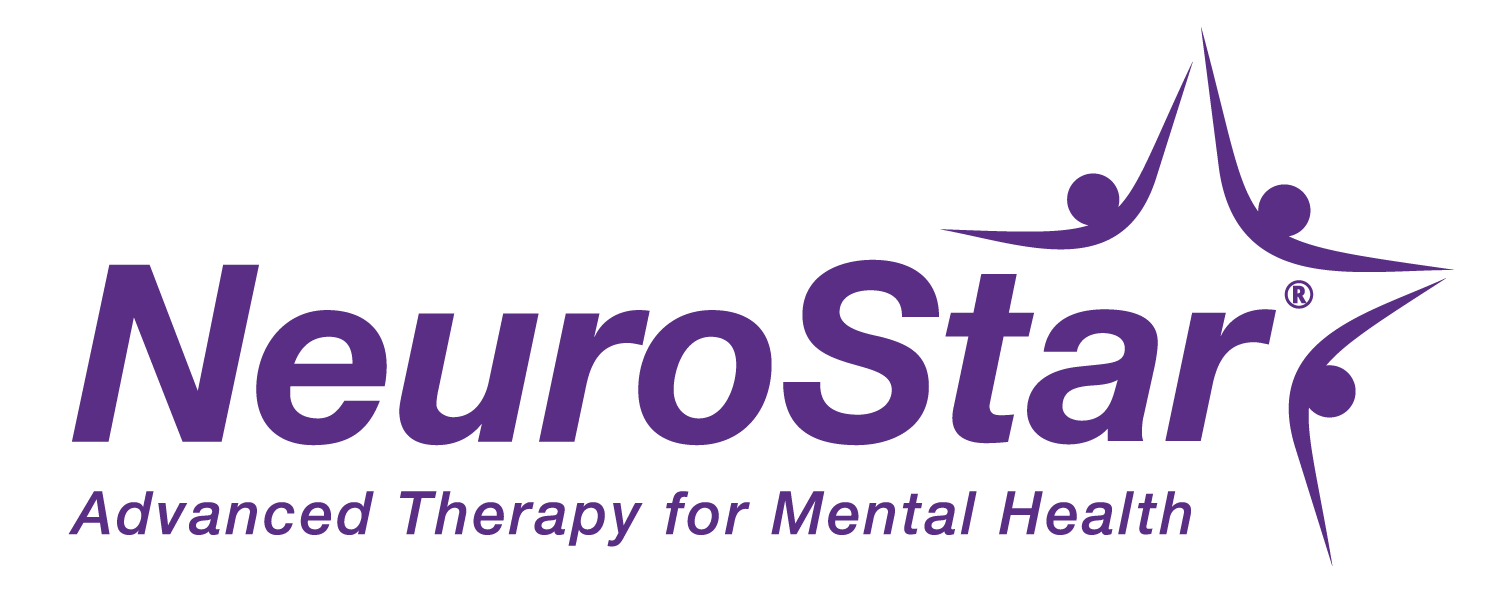Transcranial Magnetic Stimulation (TMS)
Transcranial Magnetic Stimulation (TMS)
Transcranial Magnetic Stimulation for Depression, or TMS, is an FDA-Approved, breakthrough treatment for patients with depression (also known as Major Depressive Disorder-MDD) that are not satisfied with their current medications.
Many patients with depression have a partial response to medication treatment or have intolerable side effects. TMS is an effective and non-invasive treatment that is safe and well-tolerated without the need to add or change any medications.
TMS uses precisely targeted magnetic energy to pulse the areas of the brain that are under-active in patients with depression. TMS is performed in the clinic as an outpatient treatment with most patients comfortably spending the time watching TV, listening to music, or talking with their family during their sessions. Family members are encouraged to remain in the TMS suite if so desired.
Arkansas Psychiatric Clinic is the largest provider of outpatient psychiatric services in the state and we are excited to continue offering this effective treatment available to our clients. We have been treating patients with Neurostar TMS since 2016 with excellent results.
Most insurance plans will cover TMS services after a detailed consultation to determine qualifications. Please call to find out more information about TMS as a treatment option for depression.
For more information, visit www.neurostar.com
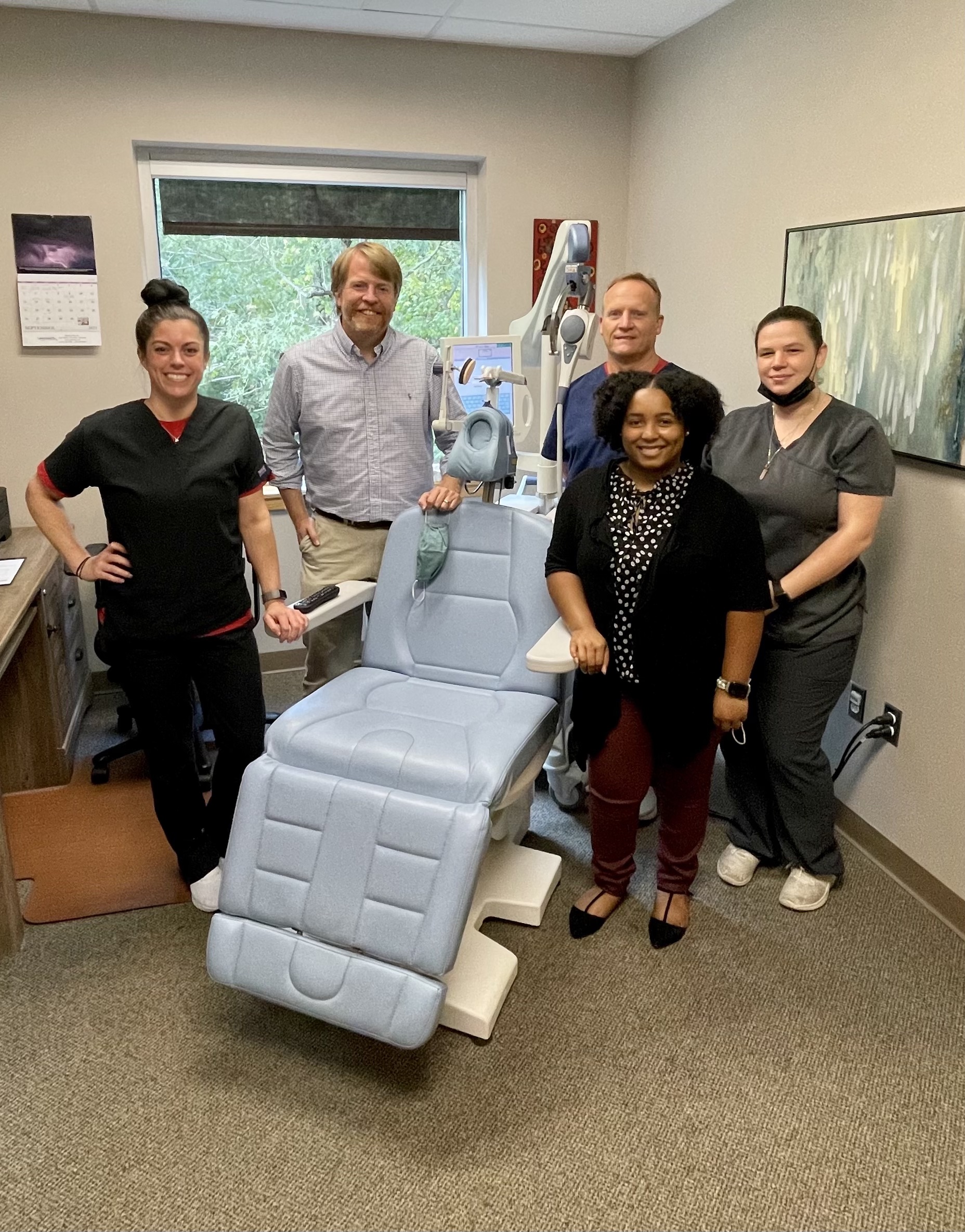
Dr. James Davis & The APC TMS Treatment Team
Arkansas Psychiatric Clinic proudly partners with NeuroStar to deliver TMS Treatment. NeuroStar uses transcranial magnetic stimulation (TMS) to target key areas of the brain that are underactive in people with depression. It is not ECT (electroconvulsive therapy).
While the exact cause of depression is not known, the leading scientific theory is that it is caused by an imbalance of the brain’s neurotransmitters, which are chemical messengers that send signals between brain cells.
What is NeuroStar Advanced Therapy (TMS)?
During a NeuroStar treatment session, a magnet similar in strength to that used in a magnetic resonance imaging (MRI) machine is used to stimulate nerve cells in the area of the brain thought to control mood. These magnetic pulses may have a positive effect on the brain’s neurotransmitter levels, making long-term remission possible.
For more information, visit www.neurostar.com
Hear from Arkansas Psychiatric Clinic TMS Patients:
What to Expect with TMS
The first step will be getting an evaluation by one of our psychiatrists to see if TMS is an appropriate treatment option.
If you are a good candidate, an appointment can be made for your initial treatment session. You will be taken to the treatment suite where our technician will make adjustments to the Neurostar TMS chair and make sure that you are comfortable throughout your sessions.
Next, the psychiatrist and technician will work to find the best coil placement location and treatment strength specific for you. After the initial configuration is completed, you will begin your first treatment session!
The coil makes a clicking sound similar to an MRI while it is pulsing or active. Ear protection is available if needed. Most patients describe a tapping sensation under the coil as a mild discomfort that is easily tolerated after just a few treatments.
Future treatments will involve the TMS technician bringing you to the suite and starting the session at the predetermined location. Most TMS sessions last around twenty to thirty minutes.
Patients can continue all normal daily activities during TMS treatment. Your doctor will have follow up visits weekly to determine how you are doing and if any adjustments need to be made.
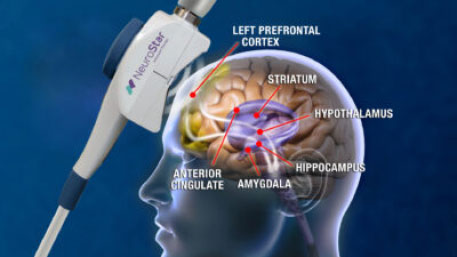
Healthy Brain
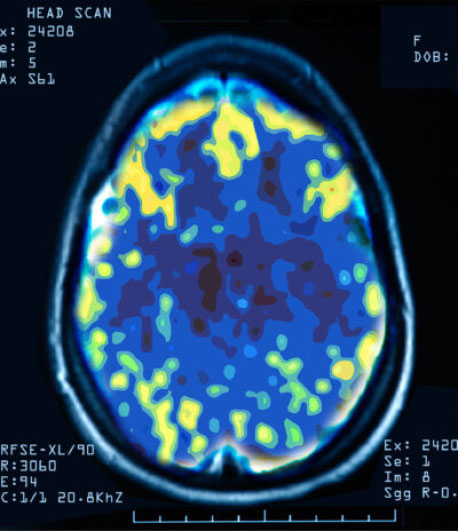
Depressed Brain
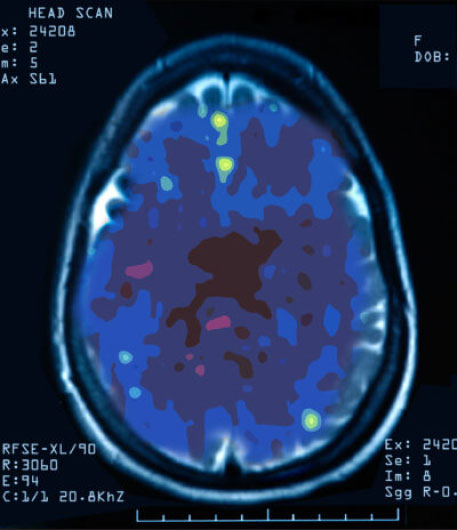
TMS is Often Associated with Few Side Effects vs. traditional drug treatments
TMS does not circulate in the blood throughout the body, so it does not have side effects like weight gain, sexual dysfunction, nausea, dry mouth, sedation, etc.
The most common side effects reported during clinical trials were headache and scalp discomfort ó generally mild to moderate occurring less frequently after the first week of treatment.
TMS vs. Antidepressant Drugs
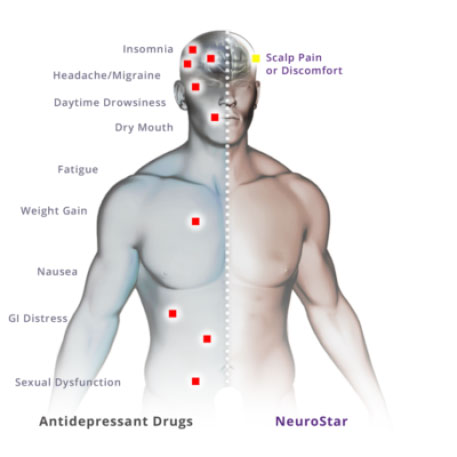
NeuroStar® TMS Therapy
NeuroStar uses transcranial magnetic stimulation (TMS) to target key areas of the brain that are underactive in people with depression. It is not ECT (electroconvulsive therapy).

